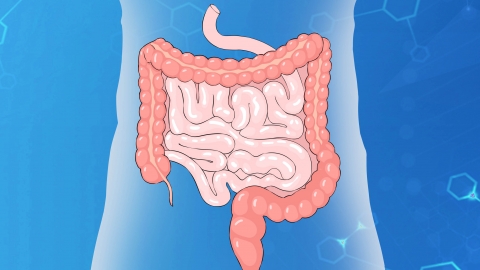How long does it take for rectal cancer to progress to an advanced stage?
There is no fixed standard for how long it takes for rectal cancer to progress to an advanced stage. Typically, this may occur within 3 to 5 years, but there are significant individual differences—some people may rapidly progress within 1–2 years, while others may remain in the early stages for 5–10 years. A detailed analysis is as follows:

The progression speed primarily depends on the pathological type. Well-differentiated cancers are less aggressive, with slower cancer cell proliferation and relatively gradual progression. In contrast, poorly differentiated cancers are highly malignant, with rapid cancer cell spread, making them more likely to quickly advance to late stages. Tumor size and location also play a role. Tumors in the upper rectum often have subtle early symptoms and are usually already quite advanced by the time they are detected. Conversely, lower rectal cancers tend to cause earlier symptoms such as rectal bleeding and changes in bowel habits, allowing for timely intervention that can slow disease progression.
Individual physical condition and lifestyle habits are equally important. People with strong immune systems can partially suppress cancer cell growth, leading to slower progression. In contrast, individuals who smoke heavily, drink excessive alcohol, or consume a high-fat diet are at higher risk of accelerated tumor development.
Regular colonoscopy screenings enable early detection of lesions. Timely intervention can significantly prolong the time to disease progression and may even lead to clinical cure. Maintaining a healthy diet and regular exercise in daily life is beneficial for reducing the risk of disease progression.





